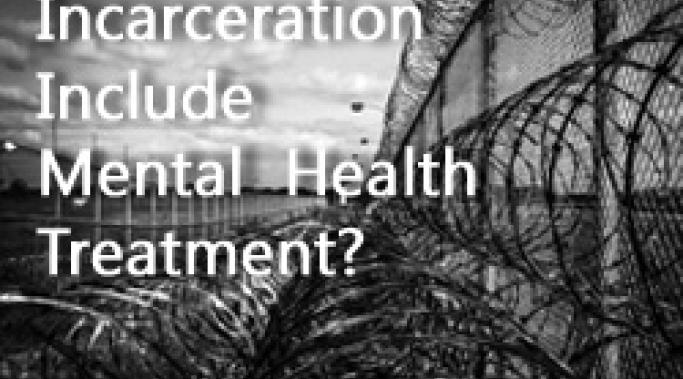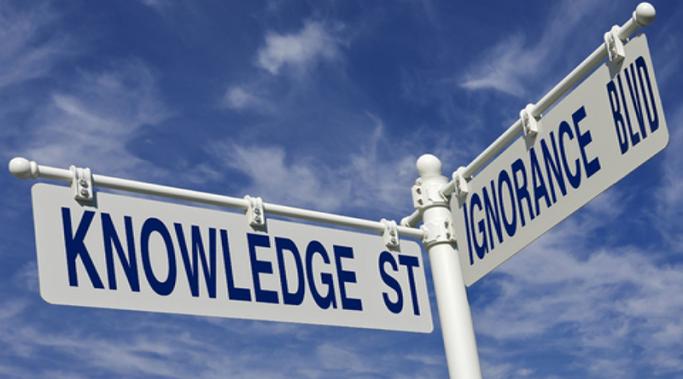Blogs
Honesty, open-mindedness, and willingness (H.O.W.) are the virtues essential to my recovery from alcohol addiction. Without any one, relapse becomes a very real possibility. Anyone who relies on these virtues can stay sober. It's all that separates recovering alcoholics from alcoholics who are still struggling to get sober. Maintaining the H.O.W. virtues allows for recovery from alcohol addiction but using them as tools in sobriety is neither pleasant nor easy, but it is possible.
Guilt is a distressing effect of anxiety. Guilt is the uncomfortable experience of self-flagellation for thinking, feeling, doing, and generally just existing,wrong (These Awful Effects of Anxiety Must Stop). Anxiety is the loud, critical voice in our head that provides a running commentary on the things we do wrong (wrong from anxiety's perspective, that is). As if it weren't bad enough to worry, fret, and fear that we've done something wrong, anxiety takes our discomfort to a new level. A very distressing effect of anxiety is guilt.
It’s hard to experience peace in uncertainty. If I always knew how the chips would fall life would be easy and I would be happy, right? I’m not sure if certainty really leads to bliss, but I do know it’s possible to experience peace in uncertainty.
It's important to understand the chemical effects of alcohol on the depressed brain. I have the habit of turning to the bottle when I am having a rough day, as drowning out my mind with a bottle of wine often seems like the most tempting, albeit unhealthy, coping method. The societal glamorization of alcohol increases temptation, bombarding me with pubs and beautiful billboards which claim that the best way to relax is with several pitchers of beer. However, the chemical effects of alcohol are damaging to the depressed brain, and I’ve learned that a bad day plus a drunken night equates to an even worse morning.
I am living with dissociative identity disorder and I can't just "get over it." Would you tell someone with diabetes to "just get over it?" Dissociative identity disorder (DID) and other mental illnesses are illnesses. They all have causes, treatments, and greatly affect the individuals that have them. Mental illness is not a choice. It cannot be switched off and on at will. No one can wake up and decide they aren't going to be mentally ill that day. So why do some people expect those with mental illnesses like DID to just get over it?
Should incarceration include mental health treatment? My youngest brother scared his wife half to death once. He texted her from work, "We are all okay, but we just got robbed." His budget cell phone deleted the first part of that message, so she spent several hours trying to find out that a man walked into the Petco without a mask, demanded money (no weapon), and left plenty of fingerprints and a superb profile on the CCTV. He got away with $100. We later learned drugs and mental illness were involved (Treating Criminal Justice-Involved Drug Abusers and Addicts). He committed the crime because he was sick. That raises the question, "Should incarceration include mental health treatment?"
It can be hard to stop negative self-talk from consuming your mind, but it's possible. The more you become aware of your sneaky inner critic and fight back, the easier it will become. Extinguishing negative self-talk is vital in the quest for happiness and building unbreakable self-esteem. It is a concept we are constantly fighting against in a society that perceives self-worth by race, status, youth, sex, power, money, attractiveness, attention on social media, and other external factors.
It seems like there are 1000 things I can’t do because of bipolar disorder, but what I’ve learned is that I need to focus on what I can do with bipolar disorder, not what I can’t. Because there are things we all can do. We often take those things for granted – but they are still there. We all have a “can” list and a “can’t” list. We, with bipolar, need to focus on our “can” lists.
You hear more about posttraumatic stress disorder (PTSD) now than ever before. However, have you heard these 10 things you should know about PTSD?
Beating anxiety is an active process that is not unlike participating in a triathlon. To find solution focused help to beat anxiety and live the life you desire takes commitment and dedication to the greater goal of living an anxiety-free life (Stop Avoiding Anxiety! Acceptance and Commitment Therapy (ACT)). For athletes who participate in triathlons, these events really aren’t merely single events. "Triathlon" describes a lifestyle. Similarly, beating anxiety isn’t just an event but instead is a lifestyle. Just as completing a triathlon requires action, so does beating anxiety. The following approach will help you beat anxiety the triathlon way.








